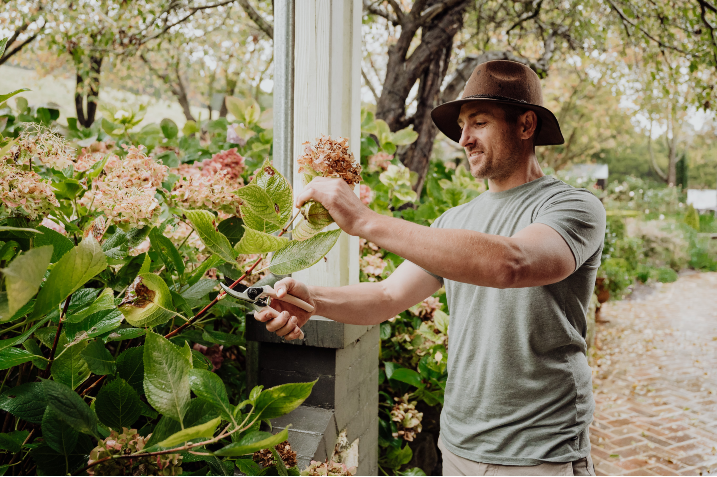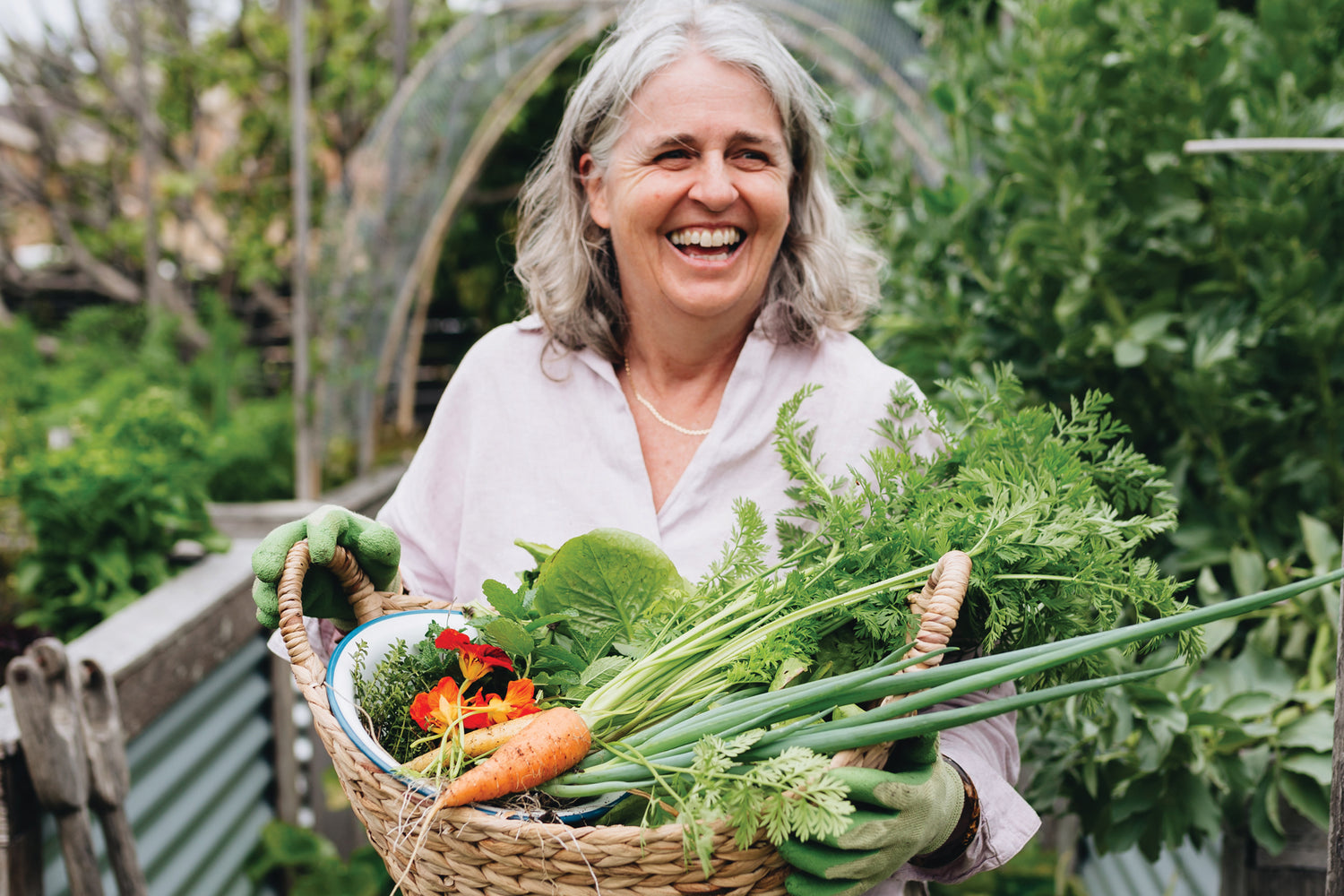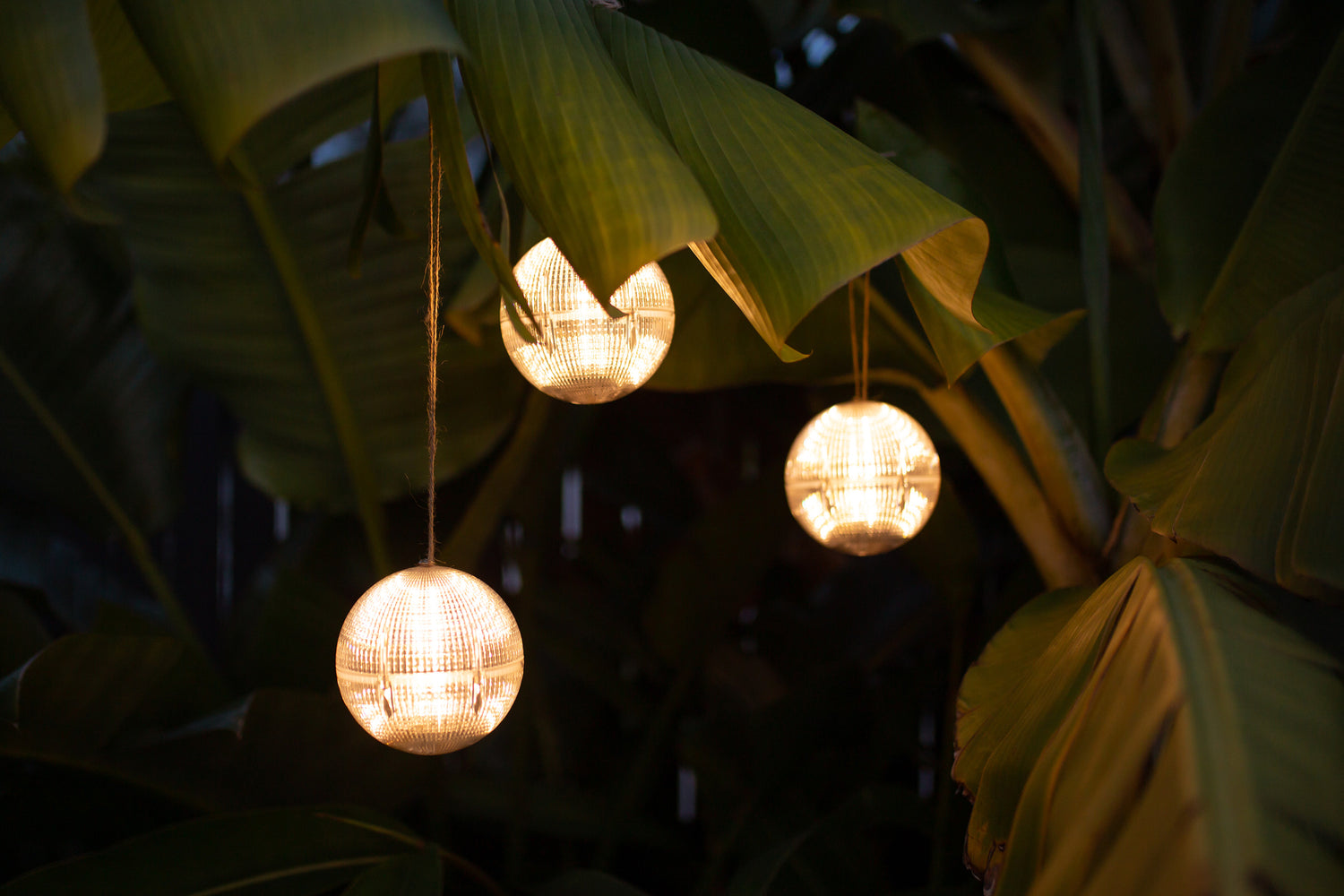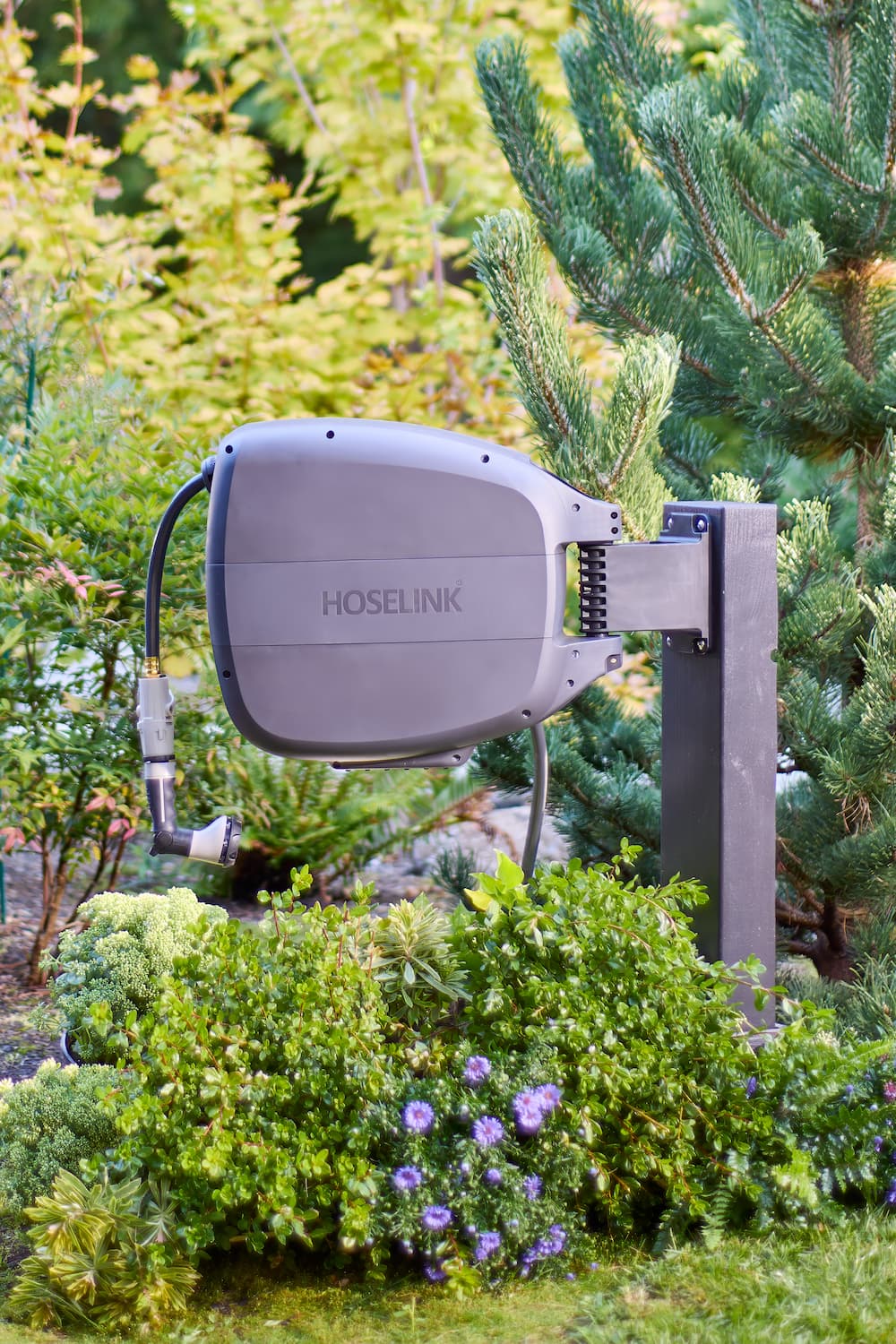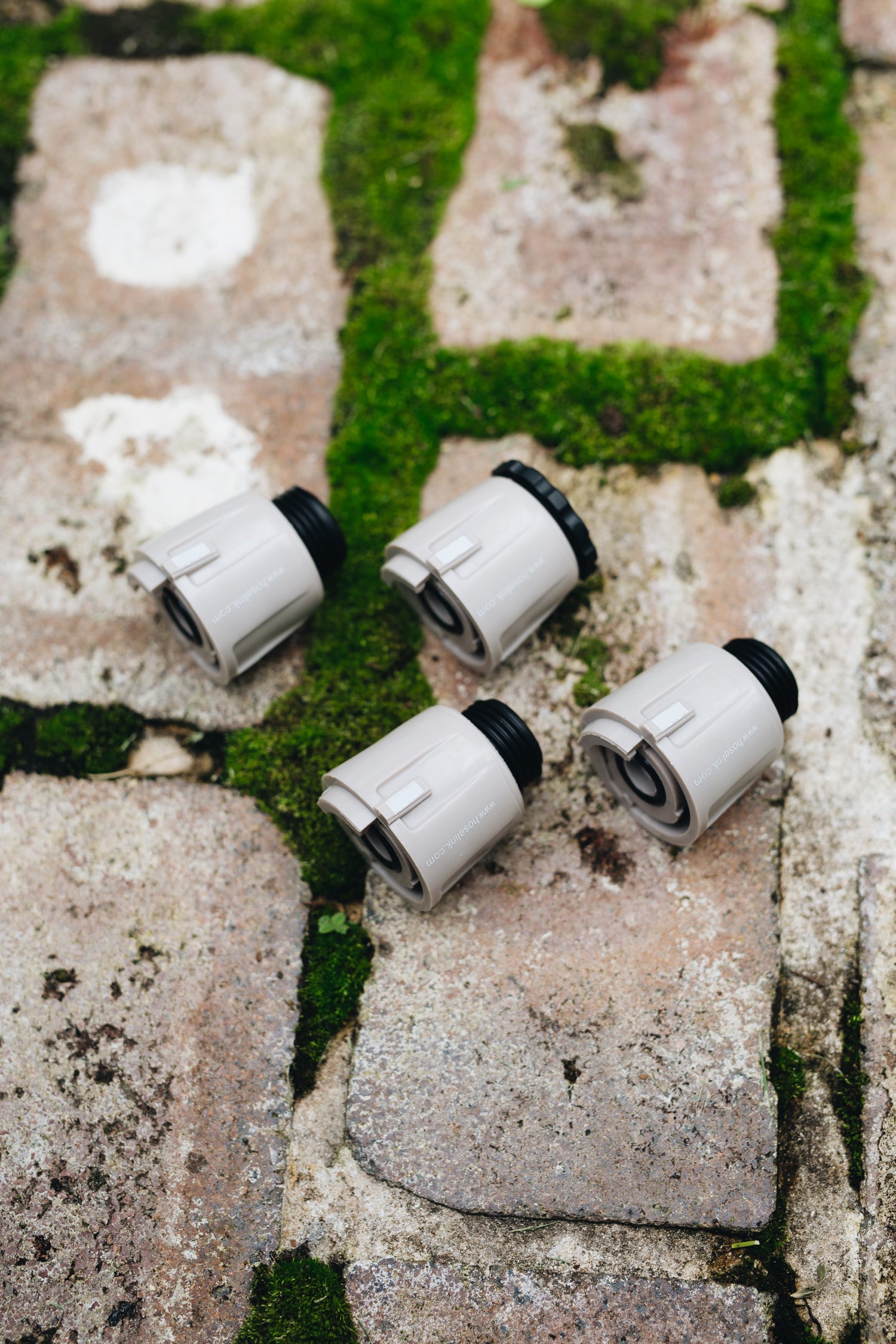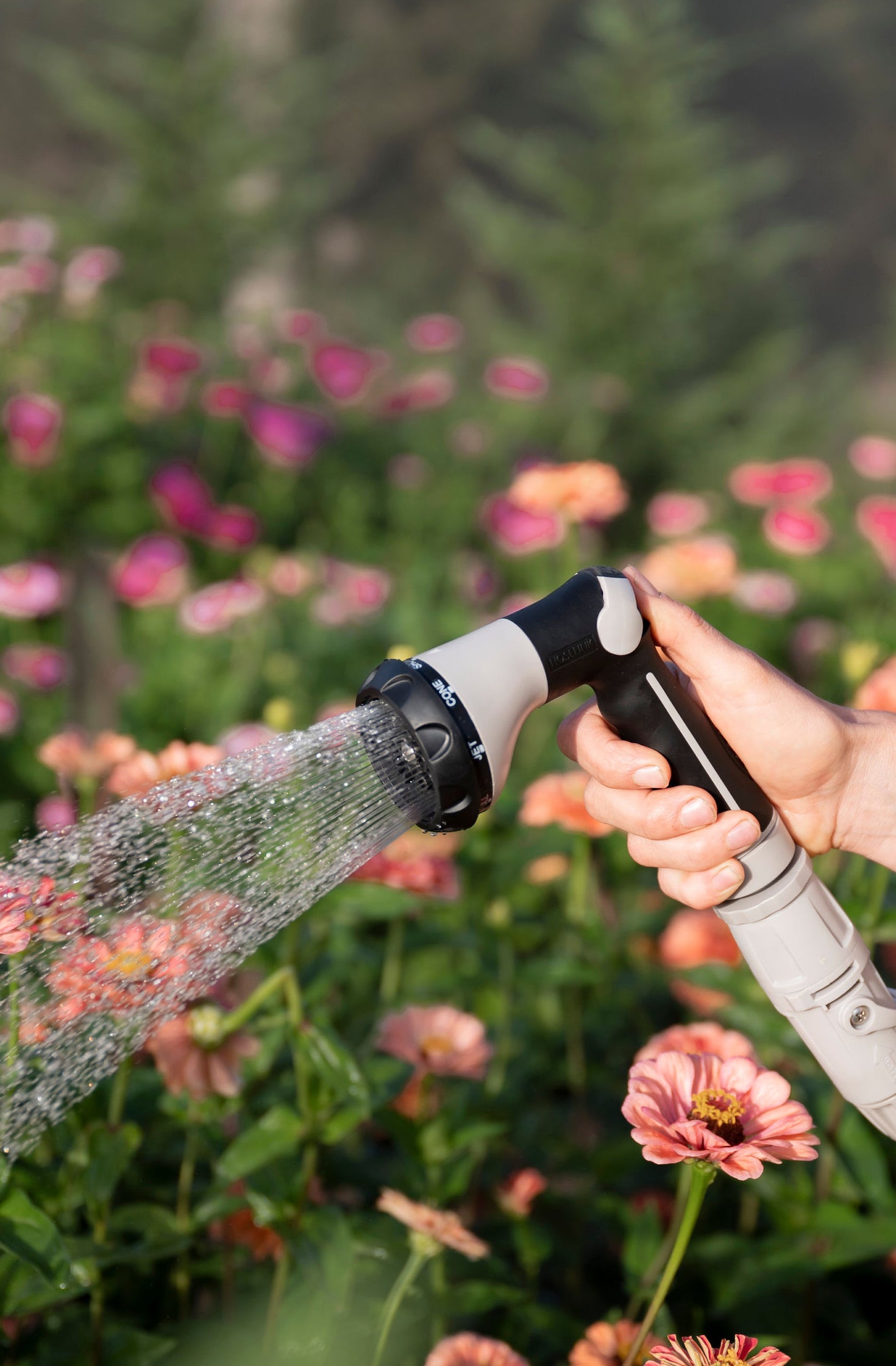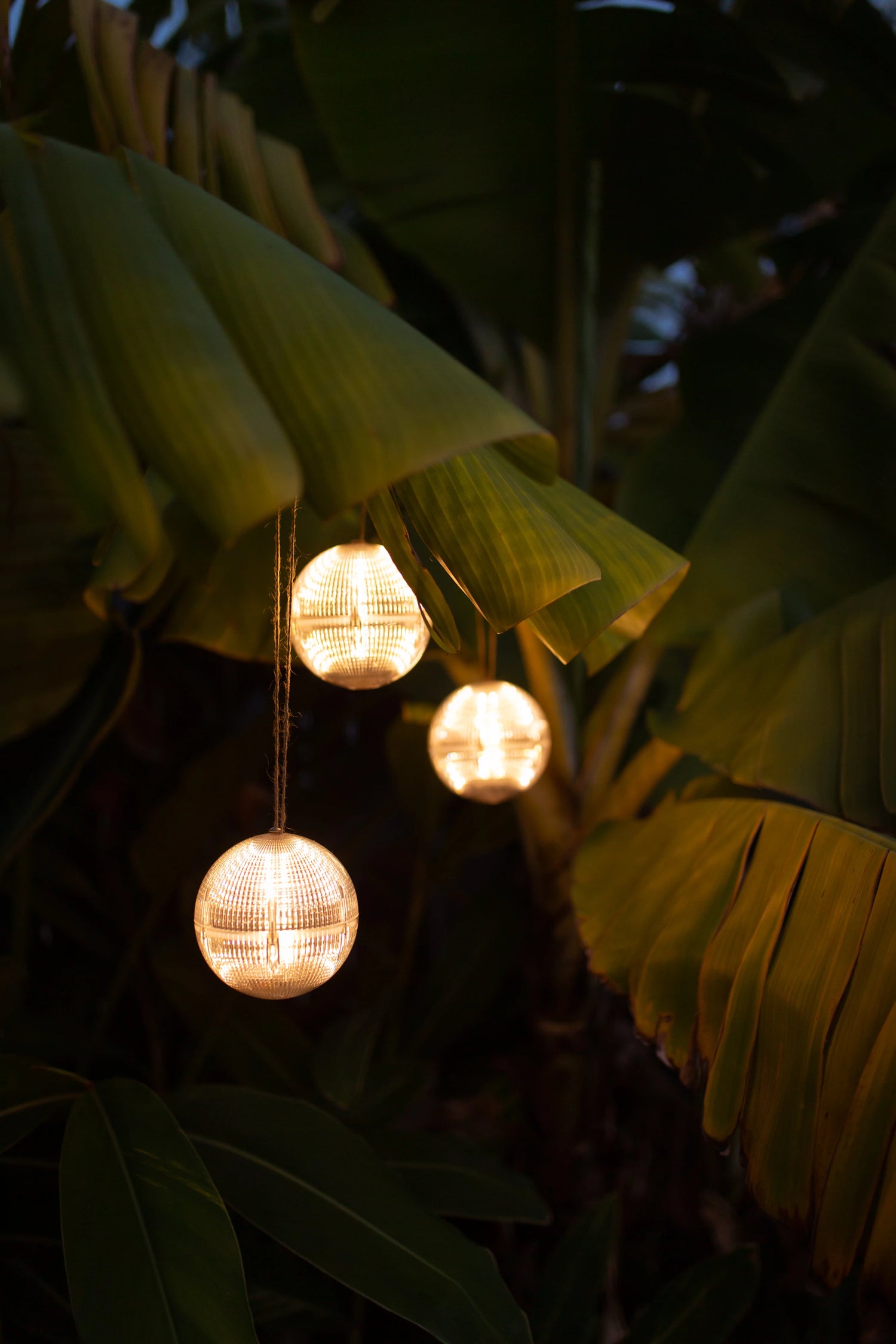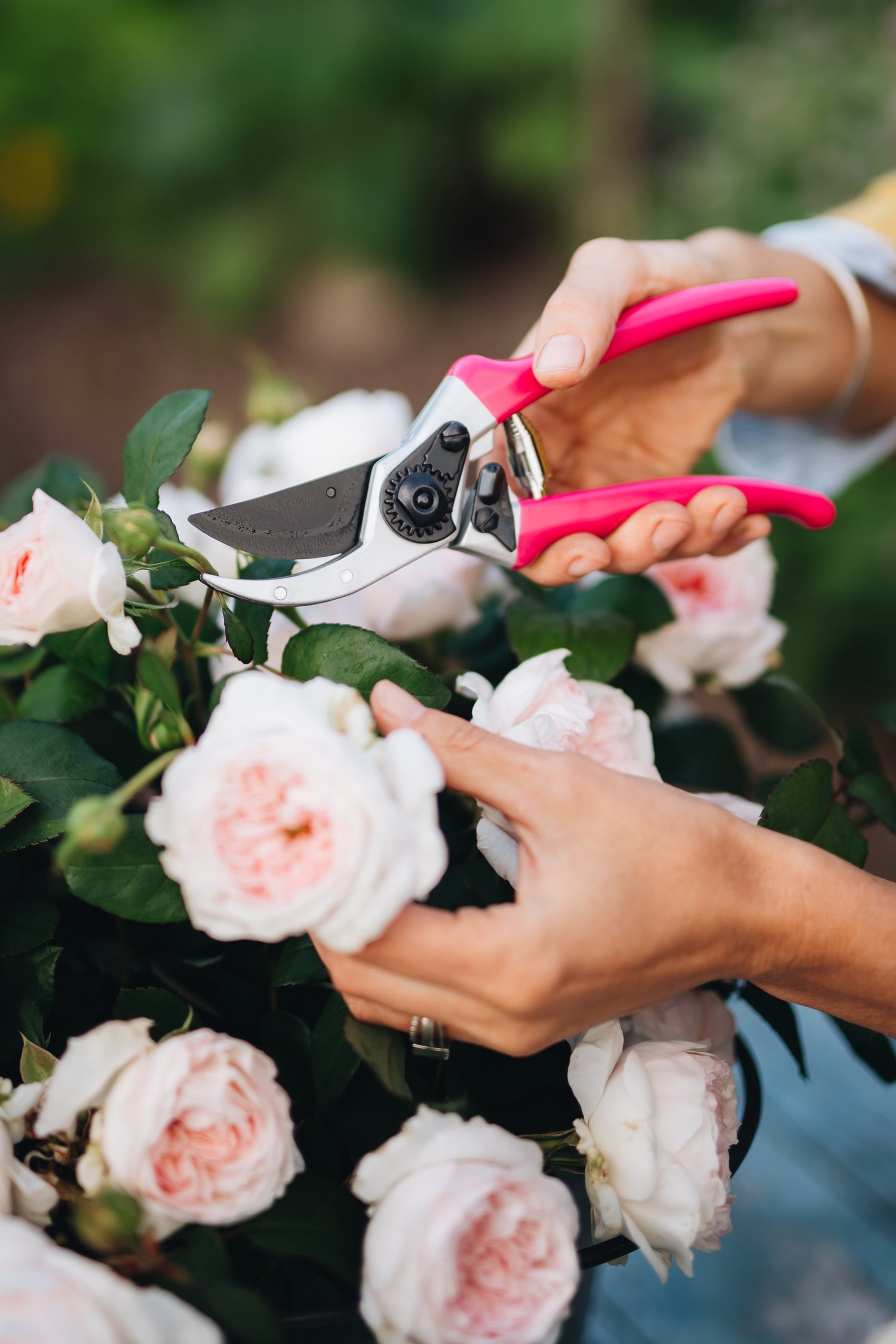Gardening is a wonderful hobby that can provide a sense of accomplishment, relaxation, and a connection with nature. However, for people with mobility difficulties and disabilities, it can also present some challenges. Gardening tools and protective gear are essential for helping overcome these challenges.
First and foremost, it's important to note that protective gear is not just about preventing injury but also about promoting comfort and ease of movement. This is especially true for people with disabilities or mobility difficulties, who may have unique needs when it comes to protecting their bodies while gardening. In this blog, we break down all the options for a safer, more accessible gardening experience.
Back protection
Accessing all areas of your garden while looking after your back is a challenge for anyone. However, if you have a disability or mobility difficulties it can be especially challenging, so using the right tools is crucial.
The Hoselink Stand-up Weed Puller and Long Reach Shower Spray Wand can help you to maintain an upright posture and reduce the strain on your back. The Stand-up Weed Puller allows you to pull weeds from an upright position, reducing the need for bending or crouching, while the Long Reach Shower Spray Wand extends the reach of your hose spray control, enabling you to spray plants and garden beds without having to bend, reach, kneel or climb to access plants that may be higher up or further away.
In addition to the right tools, it's important to use proper techniques while gardening. The Root Waterer & Soil Breaker gadget can help make gardening tasks easier and less stressful on your back. The Root Waterer allows you to water plants at the roots without having to dig or bend over. The Soil Breaker can be used to break up compacted soil, making it easier to plant and care for your garden. Using these tools and practising good gardening techniques allows you to enjoy the benefits of gardening without putting unnecessary strain on your back.

Hand protection
Gardening can be tough on your hands with lots of grabbing, pulling cutting and gripping things. To protect your hands while gardening, it is important to use gardening gloves. Choose gloves that fit well and provide good grip, but also allow your hands to breathe. Look for gloves made of durable materials such as leather or synthetic materials that resist punctures and abrasions. If you are handling sharp objects like pruning shears, it is best to use gloves with reinforced fingertips to reduce the risk of cuts and punctures.
Another important tool to protect your hands while gardening and make these tasks easier is the Hoselink Stainless Steel Hori Hori Garden Knife. This versatile tool is designed for a variety of gardening tasks, from digging to weeding to cutting. The Hori Hori Garden Knife features a sharp serrated edge and a sturdy rubber-grip handle to help you quickly tackle tough tasks. The stainless-steel construction ensures that the knife will last for years, while the non-slip handle ensures a comfortable, secure grip even when your hands are wet. This knife is an essential tool for any gardener!
Weather protection
To protect yourself from the elements while gardening, it's essential to dress appropriately. Wear lightweight, breathable clothing that covers your skin and provides some insulation, such as long sleeves and pants made from cotton or other natural fibres. A wide-brimmed hat or visor can help protect your face and neck from sun exposure, while gloves will protect your hands from blisters and cuts.
In addition to clothing, you should also use appropriate tools and equipment to protect yourself from the weather. For example, you may want to invest in a high-quality pair of gardening shoes or boots that provide good traction and support. An umbrella or canopy can help protect you from the rain or sun, while a durable pair of gloves will keep your hands dry and protected. When working outside on hot or humid days, it's important to stay hydrated by drinking plenty of water and taking plenty of breaks in the shade when needed.
Ergonomic tools
Ergonomic tools play a crucial role in making gardening more accessible for people with disabilities and mobility issues. The use of these tools can help reduce physical strain and increase the overall safety of gardening tasks. Dina Pittman from The Disabled Gardener says: ‘A key component to bridging the gap between able and unable in the garden is better tools.’
The Hoselink Retractable Garden Hose Reel is a prime example of an ergonomic tool that can greatly benefit individuals with disabilities, limited mobility or poor strength. Pittman describes how ‘daily, repetitive tasks strengthen arthritis gremlins that make you want to give up.
‘Dragging 80 feet of hose around in the heat eroded my strength and had me choosing which plants could go without,’ said Pittman.

Our Retractable Garden Hose Reel makes it easier for individuals with mobility issues to move around freely and confidently as they water or clean outside, without the fear of tripping over messy hoses. Pittman explains how the Reel’s swivel design and smooth retraction mechanism allows her to reach all corners of the garden with ease before effortlessly winding itself back up: ‘Watering plants is once again a pain-free, enjoyable part of gardening!’ she says.
Another great ergonomic tool is Hoselink's Easy Turn 2-Way Faucet Adapter. This Adapter is designed to make turning the water on and off effortless, which can be especially helpful for individuals who struggle with twisting and reaching. The simple lever mechanism ensures that anyone can control the water flow in the garden regardless of their physical abilities or strength.
In addition to making gardening tasks easier and safer, ergonomic tools can also provide a sense of independence and accomplishment. Gardening is a great way to connect with nature and improve mental health, but it can be challenging for individuals with disabilities and mobility difficulties. By using ergonomic tools, individuals with disabilities can enjoy the benefits of gardening with less difficulty and less stress about physical demands. This can increase their confidence and sense of self-sufficiency, which can positively impact their overall wellbeing.
Cutting tools

Cutting tools such as Hoselink’s Secateurs or Ratchet Pruners can greatly improve the gardening experience for people with disabilities and mobility issues. These tools are designed to be ergonomic and provide a comfortable grip, which can reduce hand fatigue and minimize the strain on joints, making it easier for people to hold and use them for an extended period. Additionally, the Ratchet Pruners are equipped with a ratcheting mechanism that requires less force to cut, making it ideal for people with limited hand strength.
Furthermore, they are lightweight, making them easy to carry around the garden and reducing the chance of developing back pain or other physical injuries. With these cutting tools, individuals with disabilities and mobility issues can enjoy gardening and take care of their plants with ease.
So, to sum up, gardening really can be a rewarding and enjoyable hobby for everyone, but it's essential to have the right protective gear and ergonomic tools to reduce strain and, importantly, make it more accessible for everyone. By using gloves, weather protection, and ergonomic tools, you can reduce the likelihood of injury and ensure people with disabilities or mobility difficulties can enjoy gardening without worrying about injury or discomfort. With the right protective gear, gardening can be a fun and accessible activity for all. Remember to take breaks often and stay hydrated, and always use caution when using cutting tools. Happy gardening!

